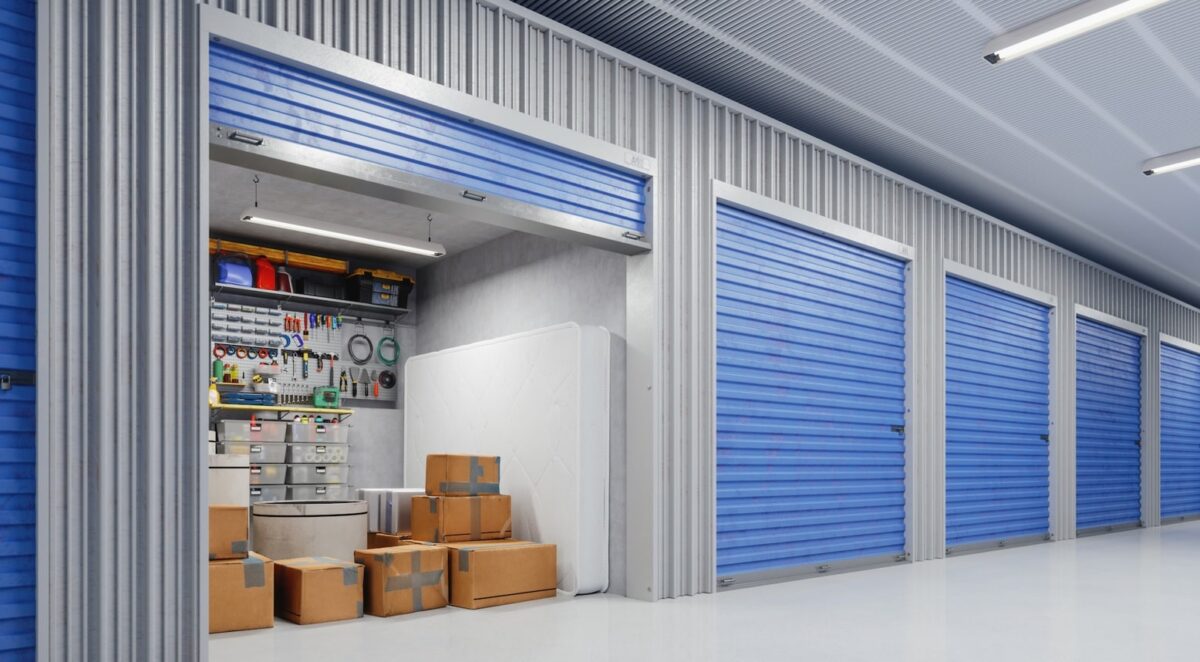Looking for movers is already a challenge. Finding affordable ones that are reliable and trustworthy is even harder. Every year around 40 percent of moving customers are scammed by moving companies. A common scam is providing a quote that is significantly cheaper than other moving companies and then tacking on extra charges after the move has happened, which means that many of the ‘cheap’ companies you find might not be trustworthy.
With that said, it’s not impossible to find affordable NJ movers; it might take a bit more time and research to find one that is affordable and reliable. If you follow the steps below, you should be able to find an NJ moving company that is within your budget.
Start Your Move Early
The sooner you start looking for a nearby NJ mover, the better. You want to have plenty of time to do your research by looking up reviews and reaching out to multiple companies. When you talk to the various movers, always request moving cost estimates. Make sure you have a good idea of the services you want especially if you might need help with packing, unpacking, or storage solutions. Don’t forget to ask if they provide any offers. Some places provide discounts for senior citizens, military, and even early bookings. Start your research months before the moving date if possible.
Get Recommendations
Before you dive into customer reviews, ask people you know for their suggestions. As much as people rely on online feedback, the truth is you have no idea who these people are or if the reviews themselves are real or not. That’s why it’s always better to get information from people you know who have zero hidden motives. Your friends, neighbors, and coworkers are people you can trust to give you relevant and useful information.
If no one you know has moved recently, then your next best bet is to go line to check out social media groups as well as online reviews. While Yelp and Google might be the more popular and accessible options, you should also check the Better Business Bureau for any complaints filed against the company.
You should also write down the Department of Transportation number of all the movers you’re interested in and look them up on the DOT website. While you won’t get reviews, you will be able to see any complaints and licensing issues. Remember, all professional moving companies need to register with the DOT to legally perform as movers!
Compare Services and Location
Not all moving companies offer the same services. Some provide full-service packing and unpacking while others might just handle transportation. Even if you just need help with the transportation aspect, many companies differ in what they offer for free. Some might just load and unload your stuff while others will provide additional items for free like wardrobe box rentals, disassembly and reassembly, and so on. So when comparing quotes, make sure you know what services are included and which ones might lead to more costs.
If you’re moving locally, make sure to find a moving company that is close to your old and new home. Not only do local businesses offer more competitive rates, but the shorter the distance between your two locations, the better. After all, most local moves are charged on an hourly basis, which includes travel to and from their corporate location. So the further away they are from either location, the more expensive your bill will be.
Negotiate Prices
Ideally, you’ll have received quotes from 3-5 different moving companies and know exactly what services are included in your move. From there, compare what you get with the estimate. If you prefer the cheapest one, that’s great! However, you might decide not to go with the most affordable option for a variety of reasons. In that case, leverage the estimate to your advantage. See if the moving company you like will match the price or at least get a little closer. If they don’t want to lower the price, see if they might be willing to add some services that will get you closer to a match like partial packing or even providing some packing materials.
Another option to reduce the price is to look for discounts. Many moving companies offer promotions, seasonal deals, and reduced prices for groups like students, seniors, military personnel, and even first-time customers. Always ask the movers if they have any current discounts happening. Some might end up providing a discount to you especially if you’re moving between September through April.
Do as Much as Yourself
It might be tempting to get professional movers to pack and unpack for you, but if you want to keep your moving budget low, you should go the DIY route for as much as possible. Packing and unpacking can greatly reduce the overall cost of your move, though it will take more of your time. While you’re packing, take the time to disassemble the furniture yourself. While many moving companies do offer this service as part of their basic moving package, it still adds on time to the move. Plus, many companies won’t disassemble more complex furniture like Murphy beds.
Speaking of packing, you can also save money by getting your supplies. While many moving companies do offer a range of moving supplies for purchase, there tends to be a markup when compared to getting it on your own. Instead, find ways to procure the supplies for free or, at least, cheap. Chances are you can easily find boxes, tape, and even bubble wrap from your friends and even local businesses. If all else fails, ask the mailroom at work if they have some extra supplies that you could take.
Find Affordable NJ Movers Today
Moving doesn’t have to be expensive, but if you don’t have a plan you could end up spending hundreds of dollars more than necessary. To start your moving journey, make sure to give NJ Great Movers a call for a detailed estimate. We’ll help walk you through the moving process to create a customized plan that matches your needs and budget.

